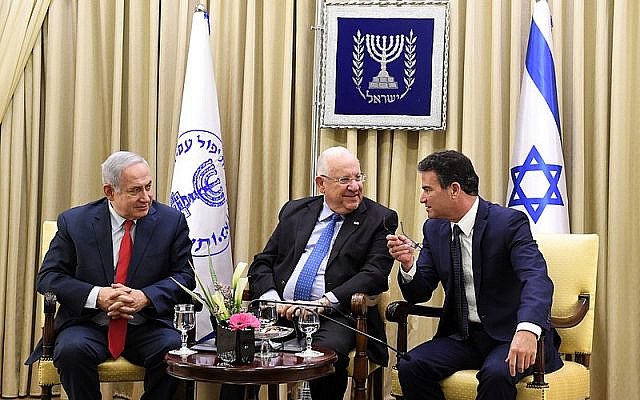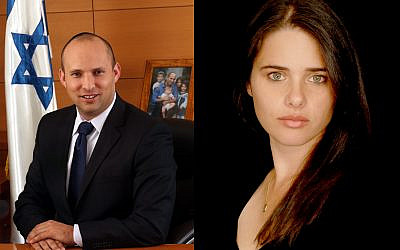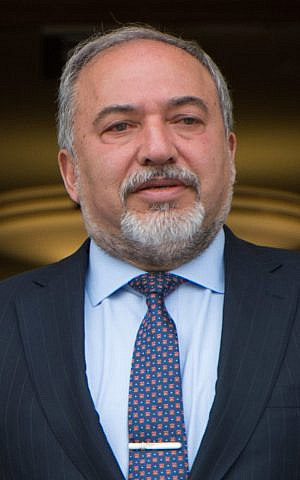High Holidays Distract from Assembling Israeli Coalition
With the deadline to form a government looming, Israel's most likely outcome seems to be a third election, which would take place in early 2020.

In the latest episode of the soap opera otherwise known as the Israeli election process, there have been more than the normal commercial breaks, otherwise known as the Jewish holidays, so the story hasn’t progressed very far.
The mandate to create a coalition government is still in the hands of Prime Minister Benjamin Netanyahu, and he doesn’t seem in any rush to return that mandate back to President Reuven Rivlin, who could then ask the head of the largest elected party, Blue and White, to try his luck. There’s a standoff with neither the right-wing parties nor the center-left parties able to join together to add up to 61 majority seats.
Starting Sept. 26, Netanyahu has 28 days to assemble a government or return the mandate to Rivlin. He could request an additional two weeks, but reports indicate that it is unlikely Rivlin would acquiesce.
Since the Sept. 17 election, the group of right-wing parties that jointly ran in the elections as Yamina have split apart, into Hayamin Hehadash and a joint faction comprised of Habayit Hayehudi and National Union. The former is led by popular former Justice Minister Ayelet Shaked and former Minister of Education Naftali Bennett.

Nothing has really changed on the center-left. Blue and White’s head Benny Gantz still refuses to enter a coalition with a Likud party headed by Netanyahu, who still has several indictments hanging over his head. Israeli Attorney General Avichai Mendelblit has reportedly weakened his resolve to indict Netanyahu for the strongest charge of bribery, but charges of fraud and breach of trust are still very much alive. Israeli media reports that Mendelblit will announce his decision by mid-November.
Netanyahu was unable to assemble a government after the April elections, forcing the country to return to the polls on Sept. 17, and so far, he’s been unable to do so again.

As expected, as soon as Yom Kippur was over, the Moldova-born leader of Yisrael Beiteinu, Avigdor Lieberman, announced his solution to the crisis of not having a permanent government since the beginning of the year.
Lieberman wants Blue and White, Likud and his own party to create a government, based on a proposal by Rivlin after the election. Under that plan, Gantz and Netanyahu will rotate as prime minister, with the latter filling the role first. If an indictment is filed against Netanyahu while serving as prime minister, Gantz would take over the responsibilities of running the government. Blue and White, however, won more seats in the Knesset than Likud, giving Gantz a leg up.
Lieberman’s plan also calls for the passing of a law that would force ultra-Orthodox yeshiva students to be drafted into the military and rejecting a law that keeps supermarkets closed on Shabbat. Other conditions for Yisrael Beiteinu joining a coalition include raising taxes and finding a permanent solution for the situation in the Gaza Strip.
So far, neither Blue and White nor Likud have bit at Lieberman’s bait.

Netanyahu considered holding party primaries to confirm his leadership. But instead, the Likud Central Committee met to vote on him as party chairman. However, the majority of committee members chose not to attend the meeting, nor did Netanyahu.
As you read this article, the likeliest outcome of this deadlock is another election. If that occurs, it will be in early 2020, after any indictments are filed against Netanyahu. It would be an historical third election within 12 months.
In actuality, partly distracted by the holidays, Israelis haven’t been focusing on their disorganized government. Instead, Israelis are engrossed in the action at the Syrian-Turkish border. Israel considers the Kurds allies and are distraught at the latest developments there. Everyone is reading tea leaves to try to understand what it means for their own country.



comments